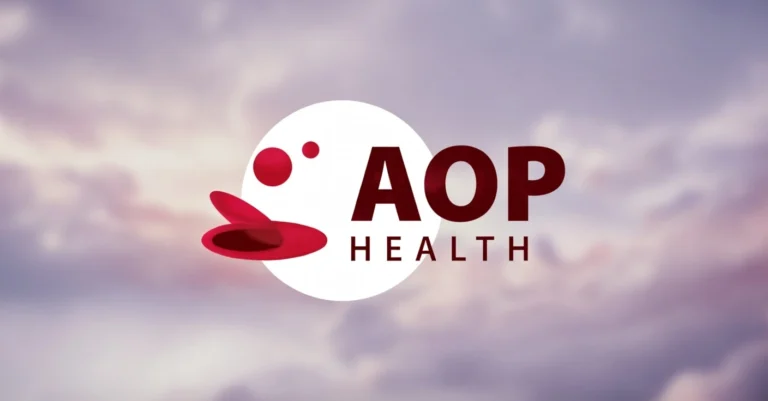
Global Summit in Kathmandu Advances Efforts Towards Sustainable Sanitation Goals
From June 25–27, 2024, delegates representing over 20 countries and various stakeholder organizations convened in Kathmandu for a pivotal Global Sanitation Summit hosted by UNICEF, WHO, and WaterAid.
The Summit marked a crucial initiative aimed at accelerating progress towards achieving Sustainable Development Goal (SDG) target 6.2 on safely managed sanitation by 2030, a goal currently lagging behind. According to the WHO/UNICEF Joint Monitoring Programme on Water Supply and Sanitation, approximately 3.4 billion people, or 2 in 5 globally, lack access to safely managed sanitation. This deficit not only affects health, dignity, and overall development but also contributes to an estimated 1.4 million preventable deaths annually.
Recognizing the urgent need for action, Member States, UN agencies, multilateral organizations, international and national NGOs, and other stakeholders emphasized the necessity of a coordinated approach. Recent collaborative efforts, such as the SDG 6 Global Acceleration Framework and the UN System-wide strategy for water and sanitation, were highlighted as foundational steps. However, the Summit underscored the critical importance of further aligning strategies and enhancing coordination to bolster sanitation, water, and hygiene systems comprehensively.
WHO and UNICEF reaffirmed their commitment to joint initiatives like the UNICEF Game Plan and WHO Guidelines for sanitation and health, along with sanitation safety planning approaches. Together with partners, they are championing efforts to address climate-resilient sanitation through a newly formed coalition.
Central to the Summit’s agenda was fostering alignment with these technical frameworks and building consensus on supporting countries in achieving measurable progress towards safely managed sanitation. This includes enhancing the resilience of sanitation systems against climate-related challenges and addressing critical gaps in financing, equity, national policies, regulations, standards, and implementation strategies across sectors.
A key focus was also on advancing from lower levels of sanitation services towards safely managed systems, addressing issues from open defecation to basic services, where recent progress has been observed.
Additionally, the Summit served as a platform to introduce the upcoming “Eight Steps Towards Safely Managed Sanitation Framework,” set to launch formally on World Toilet Day in November. This framework aims to simplify the path to achieving safely managed sanitation, outlining practical applications and fostering a unified approach across all stakeholders to contribute effectively based on their capacities and mandates.





